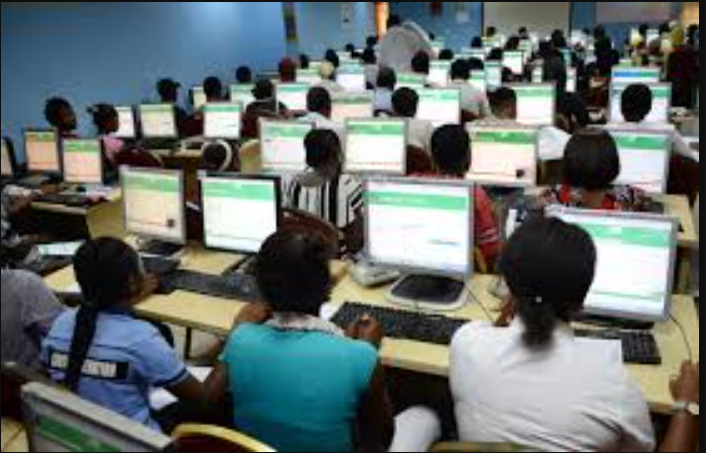The recently updated Nigerian school curriculum has generated both commendation and criticism across the education sector. On one hand, many stakeholders have described it as a welcome development, particularly with the reintroduction of History as a core subject. Experts argue that removing History in the past left a vacuum in the nation’s understanding of its own development, identity, and global relevance. They note that History has multidisciplinary importance—political, social, economic, and even geographical—and is vital for fostering peaceful coexistence by drawing lessons from Africa’s colonial past.
However, critics of the new curriculum have raised serious concerns about omissions and inconsistencies. A major point of contention is the treatment of French Language. Despite being Nigeria’s second official language since 1985, French has been made optional at the basic education level. Analysts insist this undermines national policy, wastes opportunities for language development, and shrinks employment prospects for French teachers and graduates. They argue that just as English, a non-native language, became entrenched through compulsion in schools, French too could flourish if made mandatory.
Another major concern is the vague handling of indigenous languages. The curriculum refers to “one Nigerian language” without clear guidelines on which local languages should be taught, or how they will feature in national exams like WAEC, NECO, and JAMB. With many minority languages facing extinction, experts believe the policy should have provided stronger frameworks for their preservation, in line with UNESCO’s advocacy for mother-tongue education. They warn that without such measures, globalization and artificial intelligence could eventually erase Nigeria’s cultural and linguistic heritage.
Questions have also been raised about the practicality of introducing trade and technical subjects. While areas such as Computer Hardware, GSM Repairs, Fashion, and Beauty are laudable, critics doubt whether rural schools—with their poor electricity, lack of computers, and shortage of STEM teachers—can realistically deliver them. They argue that without equal access to facilities, the curriculum risks deepening inequality between urban and rural learners. In conclusion, while the new curriculum is seen as a step forward, analysts insist that implementation, equity, and policy alignment must be addressed to ensure it truly delivers inclusive and transformative education for Nigeria.

